
It rarely unfolds in one dramatic moment. One skipped meal turns into several, small aches grow louder, and motivation quietly disappears. What seems like carelessness often masks real struggles that develop over time. Read ahead to find out the hidden issues that make maintaining steady self-care harder than most people realize.
Chronic Pain Limits Daily Function And Motivation
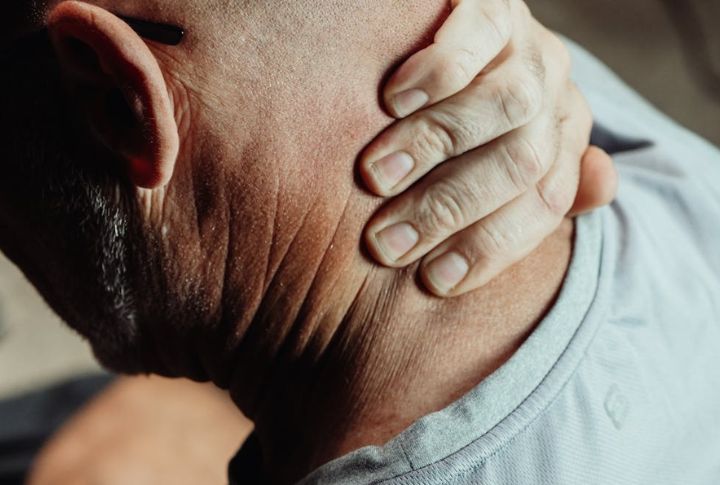
Chronic pain often turns simple movements into challenges and keeps many older adults at home. Less mobility means fewer social connections, and that isolation can trigger anxiety or depression. With restless nights and constant aches, staying motivated to care for oneself is incredibly difficult.
Reduced Energy Levels Make Routine Tasks Exhausting
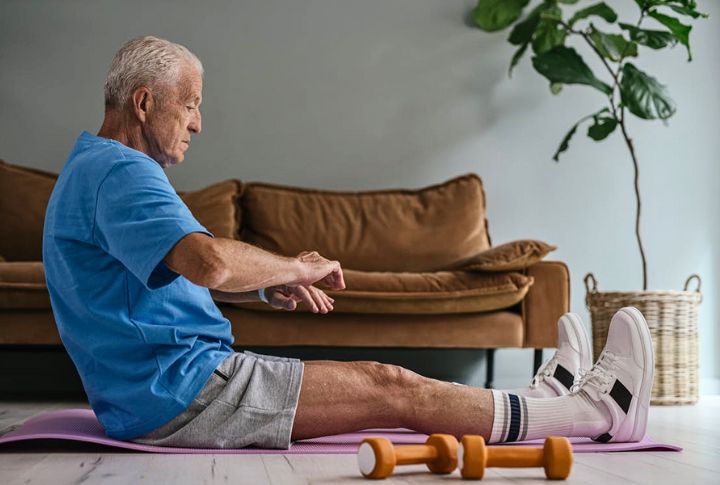
Energy naturally declines with age, and that slowdown affects everything from laundry to exercise. When getting dressed or preparing a meal feels like a workout, enthusiasm fades. Each tiring day chips away at consistency, and eventually, even essential self-care starts to feel optional rather than routine.
Loss Of Purpose After Retirement Weakens Self-Drive
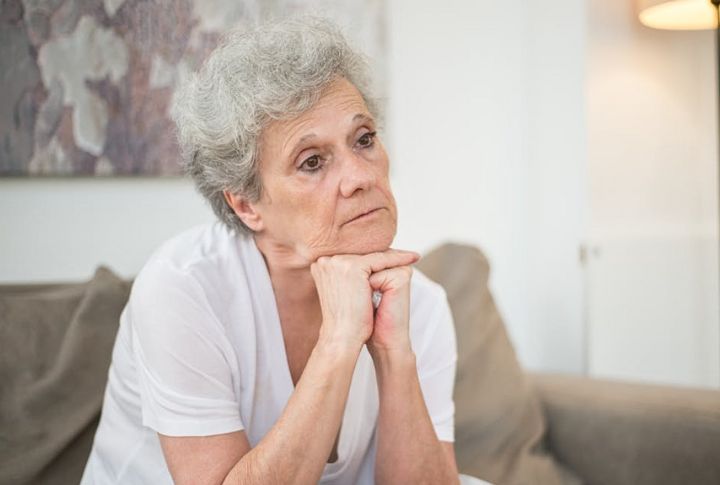
The shift from full schedules to open days can feel freeing at first, but the absence of daily purpose takes a toll. Without structure, motivation slips away. Many retirees miss the sense of contribution work provided, and that emptiness can quietly dull their drive for personal upkeep.
Grief Or Bereavement Dulls Interest In Self-Care
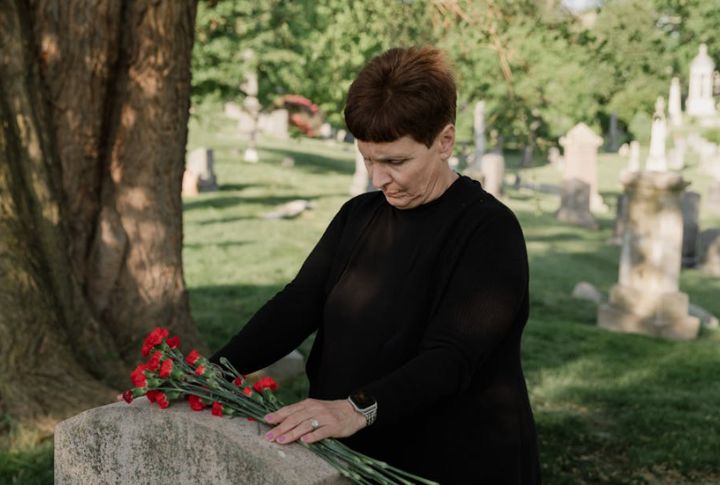
After losing a partner or close friend, life can feel colorless. The routines that once gave comfort—meals, grooming, small rituals—suddenly seem pointless. Emotional exhaustion replaces motivation, and self-care becomes an afterthought. Grief blurs the line between surviving each day and actually taking care of oneself.
Cognitive Decline Reduces Awareness Of Personal Needs
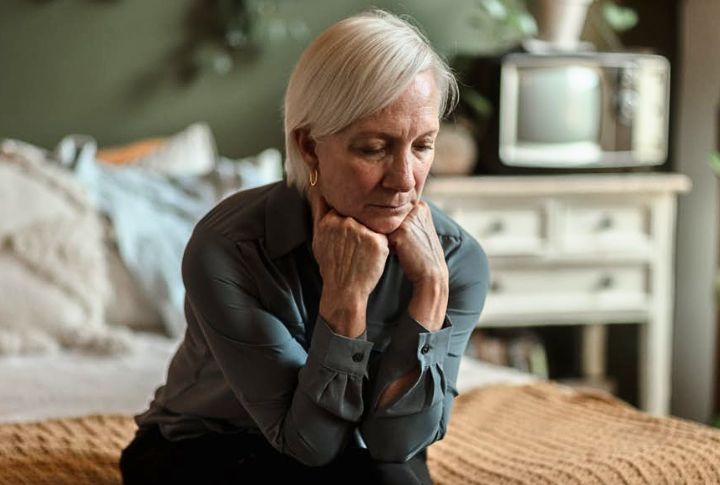
As memory falters, the ability to recognize hunger or hygiene needs becomes harder. Missed meals and skipped baths are common. Some older adults insist they’re managing fine even if they aren’t. Declining awareness erases the ability to notice something important that is missing from daily life.
Depression Lowers Motivation To Maintain Appearance Or Health
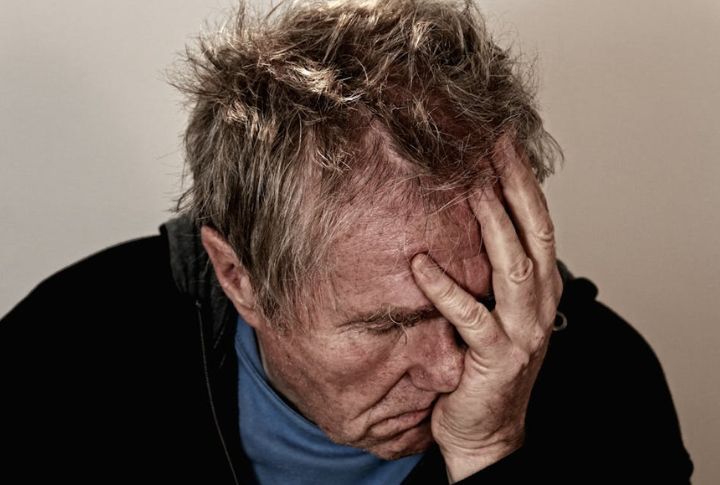
Depression can disguise itself as tiredness or disinterest. Tasks that once felt automatic, like brushing teeth or eating breakfast, begin to slip away. Many mistake this mood change for normal aging, unaware that depression steals the motivation needed to maintain health and even the desire to engage socially.
Social Isolation Removes External Accountability
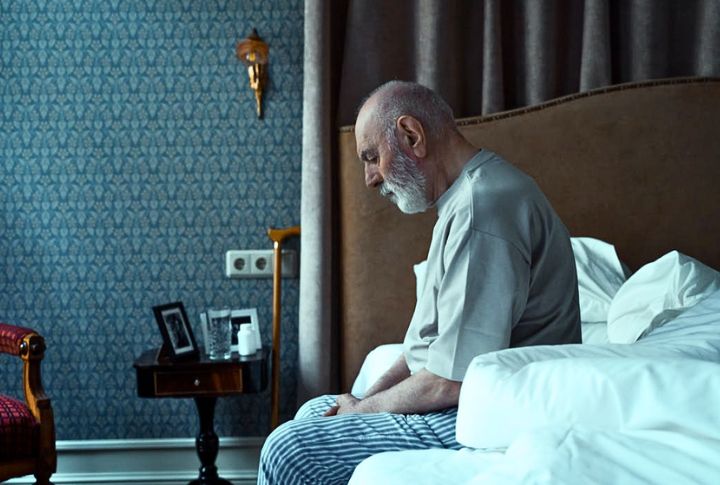
When physical limits or pain keep people from social events, the loss of connection hits harder than expected. Friends stop checking in, and reminders about meals or medication fade. Without others noticing small changes, routines crumble quietly, and loneliness slowly replaces the push to stay healthy and active.
Financial Strain Restricts Access To Self-Care Resources

Living on a tight budget means tough choices every month. Doctor visits, medications, or healthy food can feel out of reach. Some older adults skip treatments entirely just to save money. As soon as every dollar counts, personal comfort and safety take a back seat to basic survival needs.
Medication Side Effects Reduce Activity Or Appetite

Some medications control pain or chronic illness but leave older adults feeling weak or drowsy. Loss of appetite and reduced movement follow, and both lower strength over time. As energy fades, daily care becomes harder to manage, and routines that once felt easy begin to slip away.
Minimal Access To Transportation Or Health Services
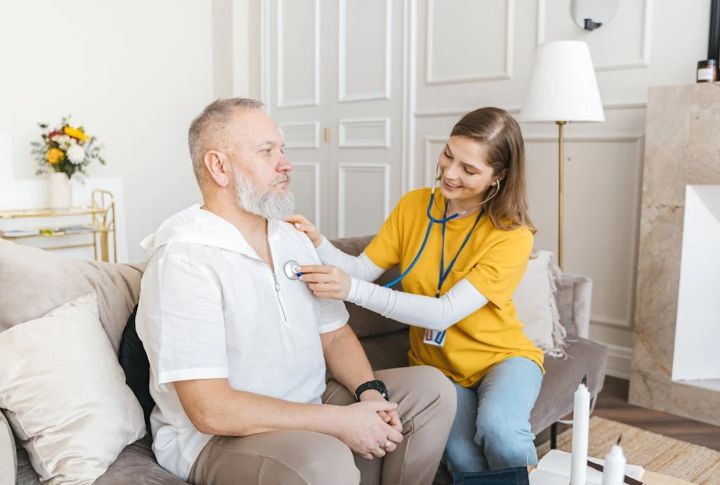
Reaching a clinic or pharmacy can feel impossible without reliable transportation. Missed rides mean skipped checkups or treatments. Health declines quietly when access disappears, and independence fades too. Without consistent transport, even small tasks—like refilling prescriptions—turn into barriers that separate older adults from vital care.
Vision Or Hearing Loss Increases Frustration And Withdrawal
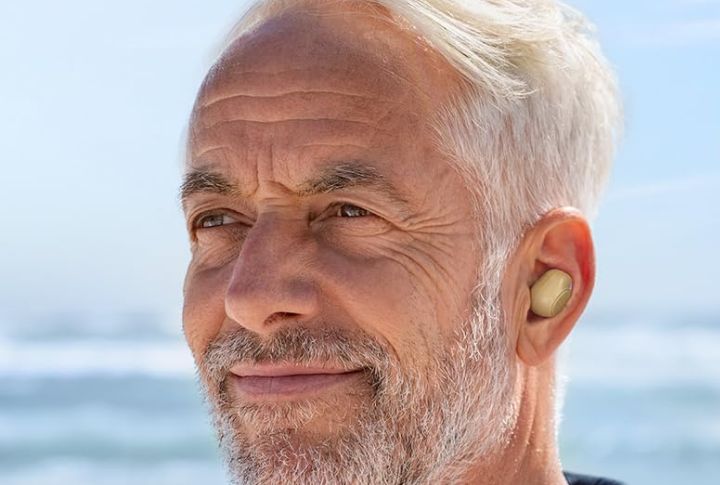
Losing vision or hearing often reshapes how older adults experience the world. Every day activities feel harder as conversations can become confusing. When communication requires extra effort, many withdraw completely and choose quiet isolation over the struggle of group settings or misunderstandings.
Neglect Of Nutrition Due To Diminished Taste Or Appetite
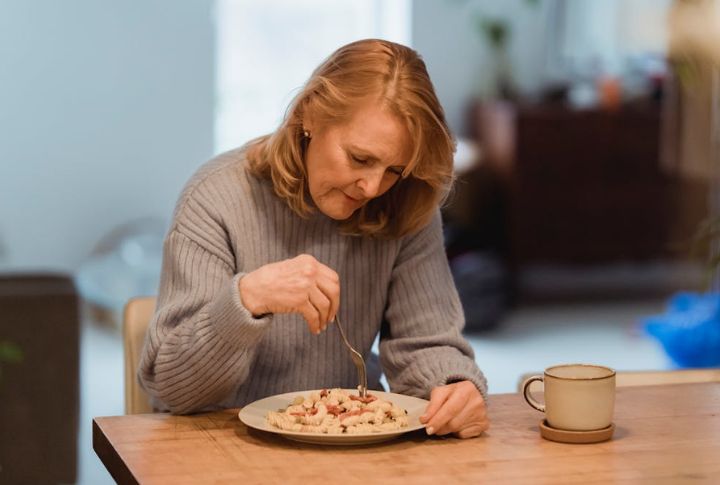
Food loses appeal as taste and smell fade with age. Meals that once sparked joy can feel bland, which leads to skipped portions or smaller servings. Reduced appetite slowly affects nutrition and energy levels, especially if eating alone, making it harder to keep up with proper daily nourishment.
Loss Of Routine After Major Life Changes
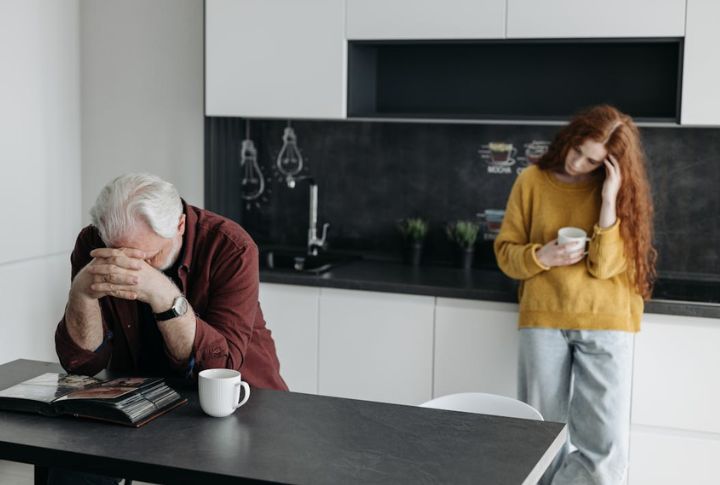
A move, illness, or the death of a partner can erase the rhythm that keeps daily life on track. Without structure, essential habits fall through the cracks. Tasks like bathing or eating regularly slip away unnoticed. Rebuilding a new routine helps restore both balance and self-care consistency.
Chronic Stress From Caregiving Responsibilities
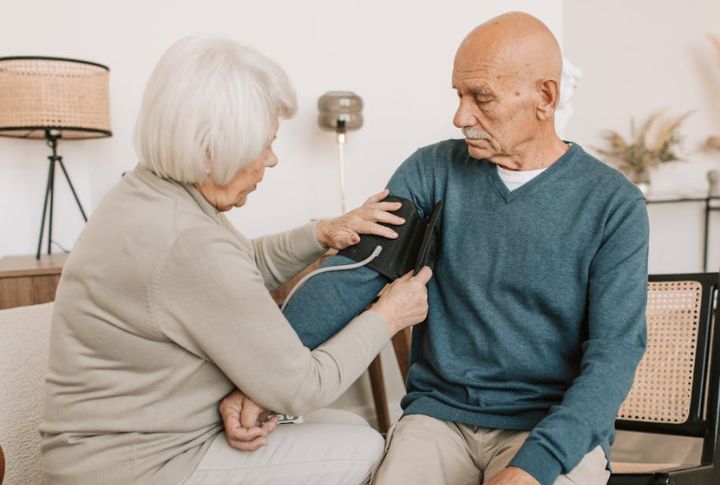
Caring for a spouse or relative demands patience, and it also drains energy. Constant worry leaves little room for rest or personal care. Many caregivers forget their own needs while focusing on others, and that ongoing pressure leads to exhaustion and declining health.
Lack Of Emotional Support From Family Or Friends
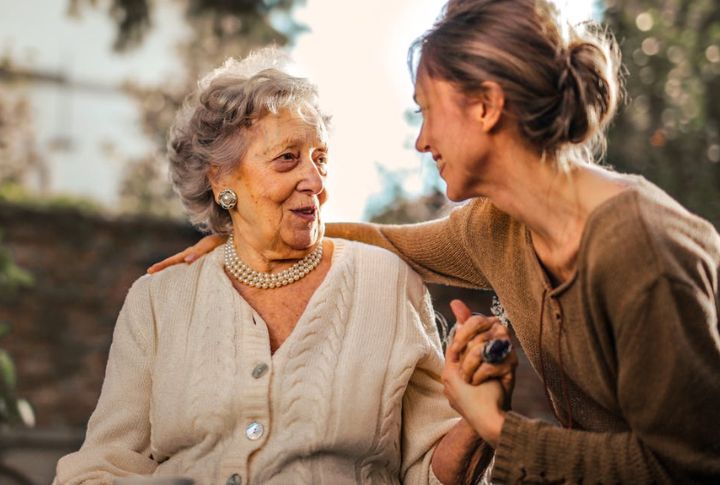
Emotional encouragement helps people stay engaged and motivated, yet many older adults go days without it. When phone calls and visits stop, motivation for self-care fades too. Simple conversations provide connection, but without them, loneliness deepens and daily routines start to lose their sense of purpose.
Fear Of Judgment When Seeking Help Or Support
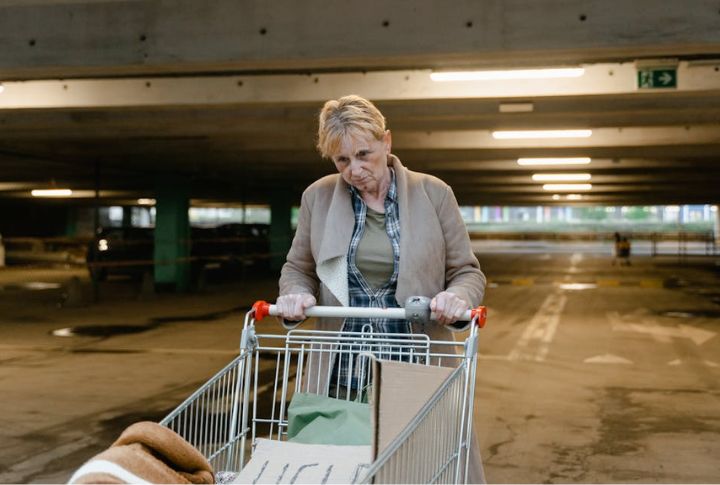
Many older adults think twice before asking for help because they fear appearing weak or burdensome. That hesitation leads to silence, even if support is available. Embarrassment replaces openness, and over time, small needs go unmet, creating larger struggles that could have been eased with simple understanding.
Digital Exclusion Limits Connection To Modern Wellness Tools
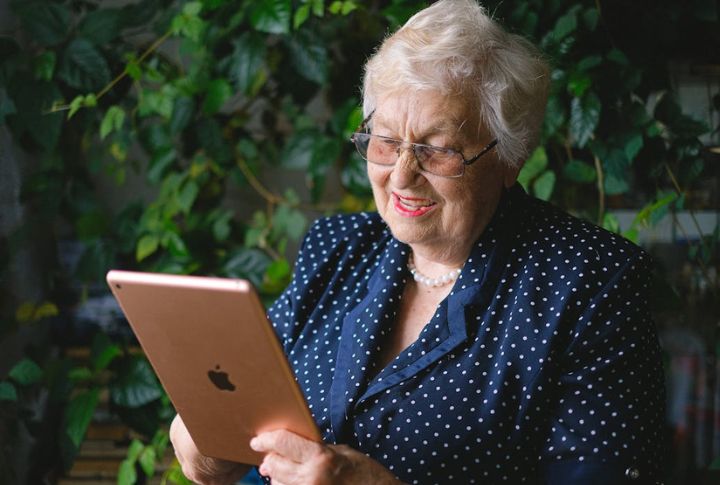
Many older adults feel left behind in a world that manages health through screens. Confusing apps and unfamiliar devices block access to helpful information. Without digital skills, they lose chances to schedule appointments, join virtual support, or learn new wellness strategies that keep others connected and informed.
Complacency From Years Of Established Habits
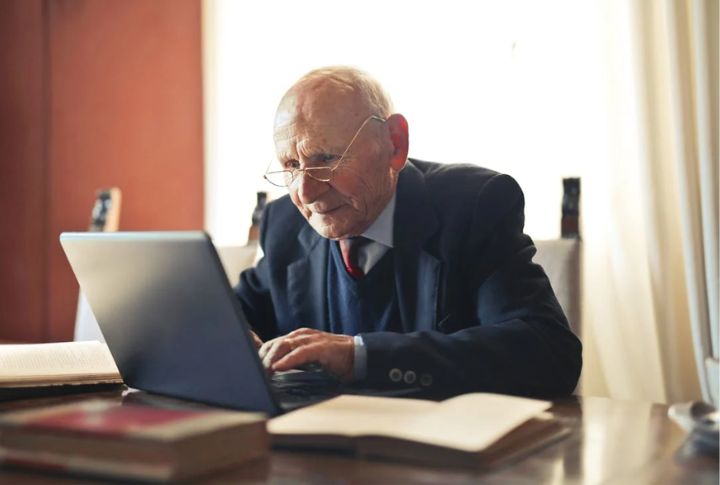
After decades of repetition, change feels unnecessary. Many older adults continue routines that once worked, even if their needs have shifted. Familiar habits offer comfort, but they can hide neglect. Without awareness, the same patterns that once provided stability slowly prevent growth and consistent self-care.
Low Self-Esteem Triggered By Aging Appearance
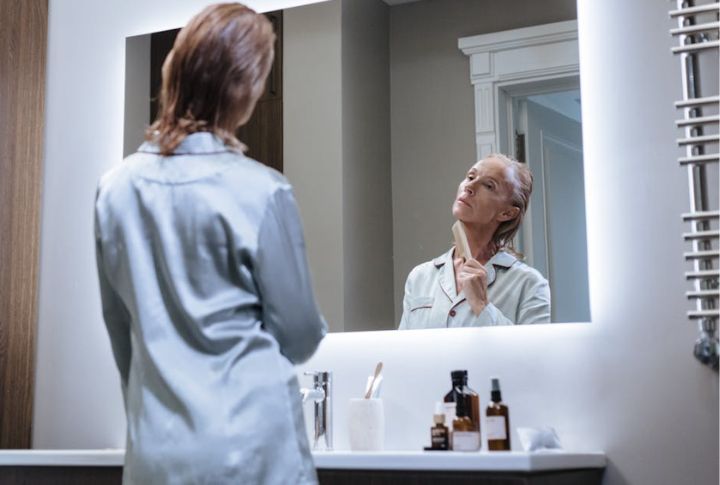
Changes in skin, weight, or hair can alter how someone feels about themselves. When mirrors reflect an unfamiliar face, confidence may fall. That emotional dip often leads to skipped grooming or less attention to health. Feeling unattractive slowly turns into avoiding care altogether.
Disinterest In Medical Care After Past Frustrations
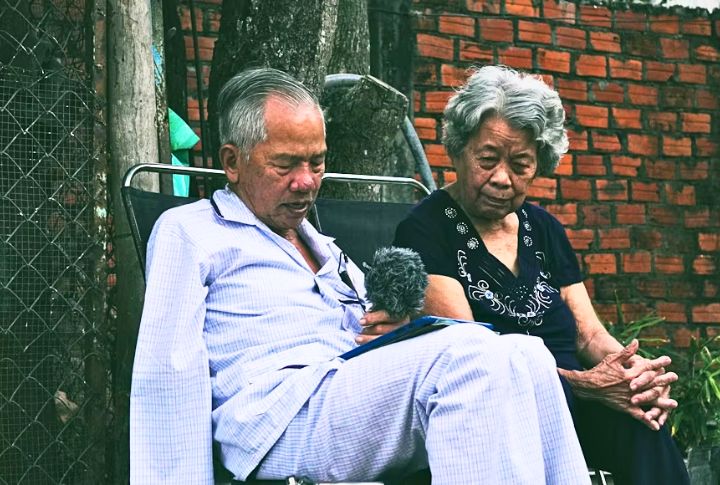
Repeated disappointment with doctors can make older adults give up on treatment. Feeling ignored or dismissed lowers trust and fuels avoidance. Missed appointments soon follow, and untreated conditions worsen. As soon as frustration outweighs hope, medical care stops feeling useful, even when it’s the key to better living.

